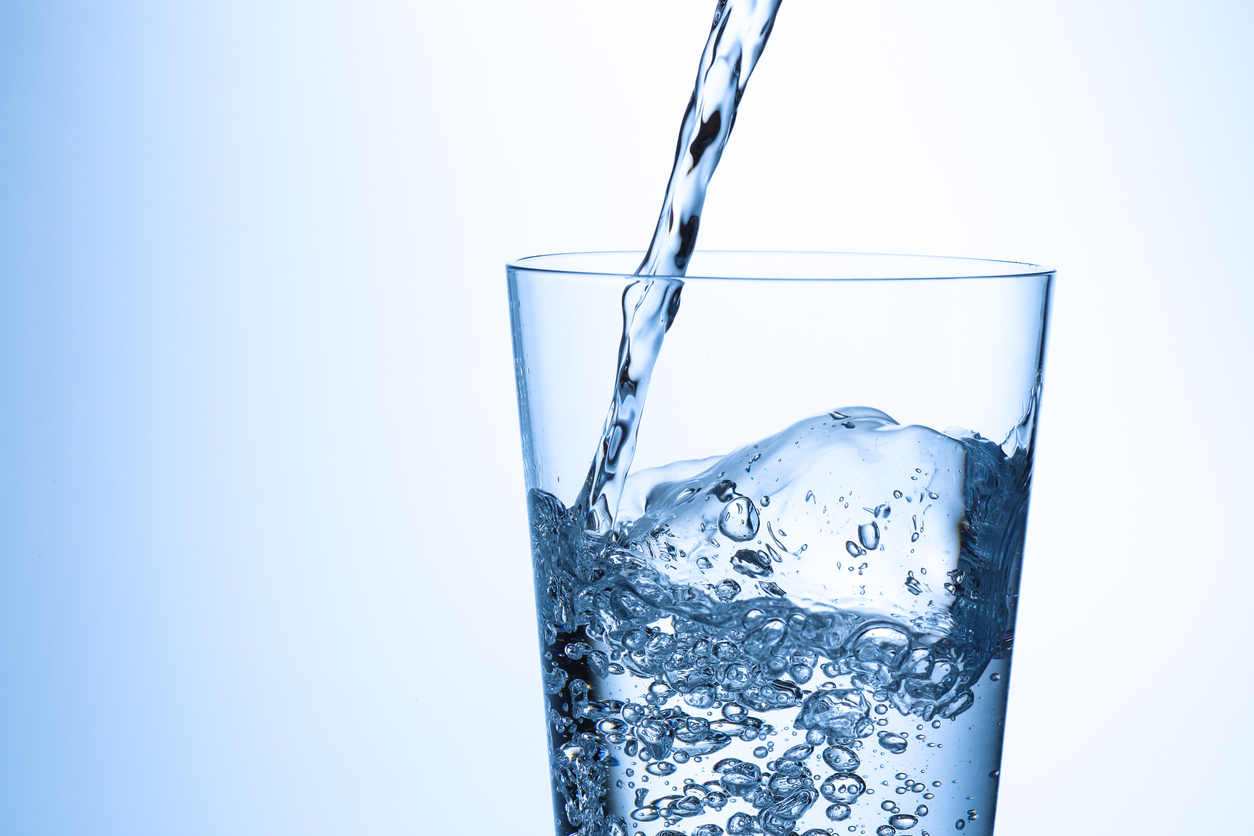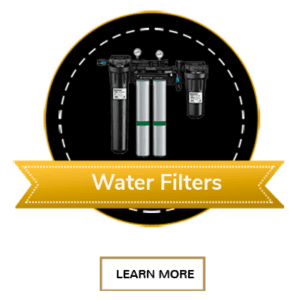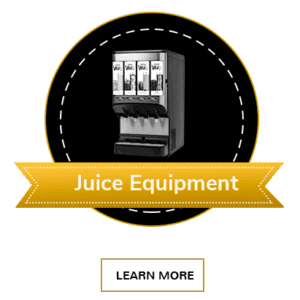
From commercial-grade equipment to simple off-the-shelf products at the grocery store, water filters come in many shapes and forms. They are made to filter out contaminants and other materials from water, making it safer and healthier to drink. But what many people don’t know is that commercial water filters do a number of different things. Depending on the type of filter you have, it may remove more than you’d think.
At SC Beverage, we provide the very best in commercial filtration equipment. Water filters are a critical part of the beverage serving process, and filtering out contaminants is the best way to ensure that your liquids are meeting health standards. If you’ve ever been curious about what commercial water filters actually do, check out the guide below!
The Two Functions of Commercial Water Filters
First, it’s important to understand that water filters work in two ways:
● Physical filtration – the process of physically removing the contaminant from the water.
● Active filtration – also known as chemical filtration, this process alters the contaminant in some way before it is removed.
Most water filters use both of these techniques together to successfully get rid of debris and purify the water before you drink it. Let’s take a closer look at the steps this process follows.
Dirt, Sand, and Debris
Water taken from natural sources is bound to have a buildup of sediment or silt inside of it. This is the role of the physical filter, to remove these kinds of natural particles from the water. Many portable water filters come with cartridges or backwashing systems that can easily get rid of dirt. Dirty water goes into the filter, and sediment sticks while the clean water passes through.
Chlorine and Other Chemicals
Chlorine is often a part of municipal water treatment systems as a cleanser. It kills bacteria and harmful microorganisms that nobody wants to have in their water. However, the chlorine itself must also be filtered out before the water is drinkable. Chlorine makes water taste terrible, not to mention it can cause irritation on the skin and in the body.
A similar chemical, chloramine, is also harmful to the body. It can also harm marine animals. The best way to get rid of these chemicals is with a carbon-based water filter that uses the active filtration process.
A Note on Fluoride
There is an ongoing conversation about whether or not fluoride should be in the water. Many medical professionals affirm that fluoride in the water is healthy and promotes good dental health, which is why fluoride is a prominent chemical in toothpaste. But in some cases, it’s better if fluoride is filtered out of the water. This can be for various reasons. The solution for getting rid of fluoride is based on reverse osmosis systems or RO systems. This pushes water through a very small and sensitive membrane-like filter that catches pretty much anything except for the purest water. In most cases, fluoride is a healthy ingredient that can make the water look and taste better.
It’s important to know what is filtered by your water filter and what isn’t. For most of the harmful contaminants, any kind of water filter will do. Filtered water is, as PUR says, “better for your health, for your wallet, and for the environment”. And our SC Beverage representatives agree; filtered water is essential for keeping up with your customers’ health and well-being.
Invest in the Best Water Filtration Systems for Your Beverages
SC Beverage specializes in high-quality, industrial-grade beverage equipment of all types and sizes. Whether you are looking for a coffee maker, a soda fountain, or a distillation machine, you can find the best deals with us. Water filtration is a key component of our save beverage practices, and we can help you implement the same healthy system in your own business or home. To learn more, contact us online or give us a call at (562) 463-8918!











